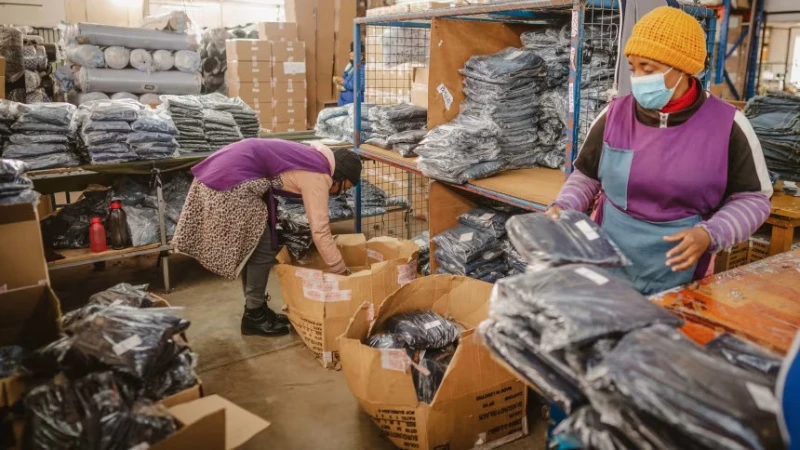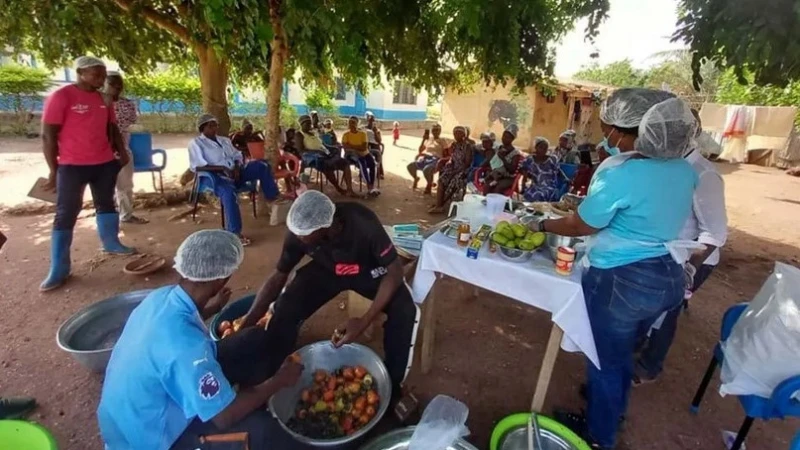Wanging’ombe launching poultry plan to combat school malnutrition

THE Nutrition Committee of Wanging’ombe District Council in Njombe Region has been directed to purchase 4,500 chicks for nine selected pilot schools as part of efforts to improve nutrition and fight malnutrition among pupils.
The directive was issued over the weekend by the District Commissioner for Wanging’ombe, Zakaria Mwansasu, during the fourth-quarter review meeting on the implementation of nutrition initiatives for the 2024/2025 financial year.
Mwansasu stated that if the pilot schools have completed construction of proper poultry housing facilities, the council must allocate part of its budget and ensure the chicks are delivered promptly.
Each school is expected to receive 500 chicks, bringing the total number to 4,500 for the nine participating schools.
“This project will not only provide students with hands-on skills in poultry farming but also raise awareness about the importance of a balanced diet,” said Mwansasu. “Incorporating poultry into school meals will give students easier access to protein, improving both their health and academic performance.”
Zenobia Moshi, Wanging’ombe district nutrition officer, welcomed the directive and pledged to implement it under the 2025/2026 fiscal year budget, as part of the region’s ongoing nutrition campaign.
The campaign, conducted under the slogan “Your Child’s Nutrition, Their Success – Filling the Stomach is Not Nutrition, Mind What You Feed Them”, seeks to reduce malnutrition in schools by ensuring pupils consume balanced meals that include quality proteins.
In addition to improving nutrition, the project is expected to generate income for schools through the sale of eggs and chickens, providing long-term sustainability and extending the benefits to future generations.
Top Headlines
© 2025 IPPMEDIA.COM. ALL RIGHTS RESERVED






















